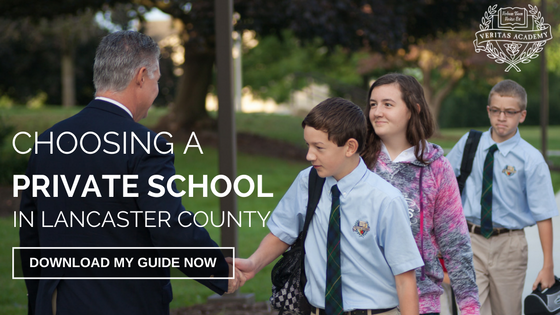 “Soli Deo Gloria!” was one of the great cries of the reformation. For the glory of God alone. Johann Sebastian Bach famously penned ‘SDG’ at the bottom of his musical pieces. In doing this, Bach was conveying an extraordinarily important idea in the Christian faith: “Every good gift and every perfect gift is from above, coming down from the Father of lights, with whom there is no variation or shadow due to change” (James 1:17). Secular humanism, the sickness of our age, teaches us to glory in humanity—and ultimately in ourselves. The Bible, on the other hand, teaches us that all praise, glory, and honor ought to be ultimately directed to God.
“Soli Deo Gloria!” was one of the great cries of the reformation. For the glory of God alone. Johann Sebastian Bach famously penned ‘SDG’ at the bottom of his musical pieces. In doing this, Bach was conveying an extraordinarily important idea in the Christian faith: “Every good gift and every perfect gift is from above, coming down from the Father of lights, with whom there is no variation or shadow due to change” (James 1:17). Secular humanism, the sickness of our age, teaches us to glory in humanity—and ultimately in ourselves. The Bible, on the other hand, teaches us that all praise, glory, and honor ought to be ultimately directed to God.
When we praise God, something happens to us. In praising our creator, we are ultimately affirming our creatureliness. God created us for himself, that we might find our deepest fulfillment when we are united to him—when our lives are hidden in him (Col. 3:3). St. Augustine famously said: “O God, you have created us for yourself so that our hearts are restless until they rest in you” (Confessions, book I). When we praise God, then, we are affirming that we are his children. And it is in this, affirming that we are his children, that we begin to have peace because we begin to understand who we are. Satan wants to make us into fatherless foundlings who must ultimately raise ourselves. God wants us to be his children.
Soli Deo Gloria is also a guiding principle for how we do things at Veritas. In fact, it is our school theme for the year, chosen in honor of the 500th anniversary of the Reformation. In all things, we as a faculty, staff, and board seek to glorify our creator and Father
So how does this perspective fit into the classroom? Ultimately, it begins with how we run our classes and what we teach our students.
The ‘How’
At Veritas, we begin our classes with prayer. This means that during the day our students might have to pause for prayer seven times (not including homeroom, which makes eight). In doing this, we are doing what Johann Sebastian Bach did when he penned ‘SDG’ at the bottom of his pieces of music. We are, ultimately, devoting our time to God and affirming that we are his children. Everything that comes after the prayer, then, is a form of worship. If everything we have is a gift from above (James 1:17), it follows that education must be an act of worship. Ultimately, it must point not to humanity, but beyond humanity (maybe even through humanity) to the Almighty Father who is the giver of all good things. And it points to Christ, our savior and brother who made it possible for us to be children of God. And finally, it points to the Holy Spirit who indwells us in order to confirm in us that we are children of God.
The ‘What’
Not only are we concerned to point to God in our actions as teachers, but also in our content. The ultimate authority for everything we do is God. And this means that His word must permeate our lives, so much so that it enfolds, surrounds, and nurtures everything we do. Again, we are not to be self-sustained fatherless humanists, but children dependent upon a perfect Father. This means that our curriculum must point to God, even when we are studying ideas that are offensive to the Christian faith. If we are reading Mein Kampf in Omnibus, or studying the atheist Bertrand Russell in Logic, we don’t leave the protection of our Heavenly Father, but ultimately deliver all questions to His feet in humble submission. We depend upon God, His word, and His children in order to orient us properly to the truth.
This brings us back to the practice of Johann Sebastian Bach. In all things, we recognize the brilliant truth that everything ought to be done Soli Deo Gloria.
For the glory of God alone.
Are you wondering if you chose the right school for your child? Considering whether a Christian school is a better fit for your family? Read our guide to help you navigate these questions.







